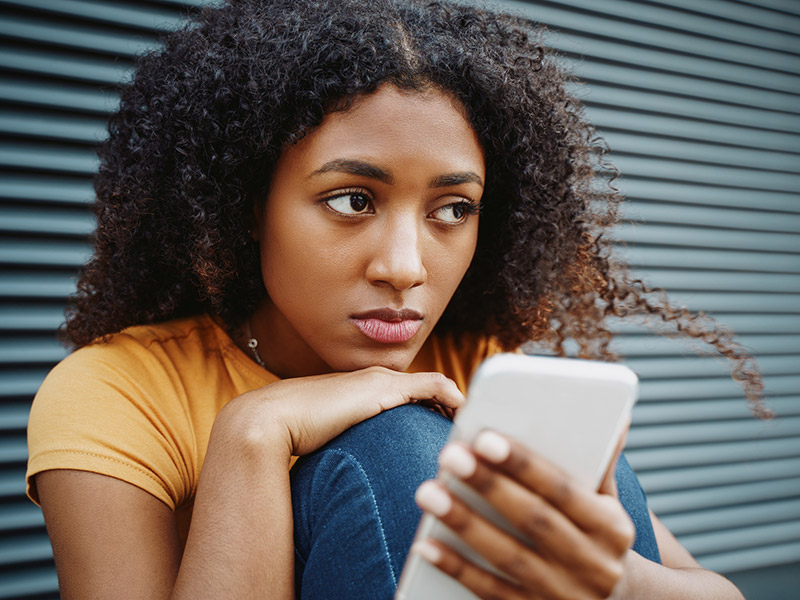
Source: National Alliance on Mental Illness
Starting Saturday, July 16, every person in every community nationwide can dial “988” to reach trained crisis counselors who can help in a mental health, substance use or suicide crisis. Learn how 988 can help you in a crisis and what it might mean for your community with these FAQs.
988 is the first step in reimagining our crisis response, but there’s more work to do to ensure everyone receives the help they need — and deserve — in a crisis.
Too often, people with mental illness do not receive a mental health response when experiencing a mental health crisis. Instead, people in crisis often come into contact with law enforcement rather than a mental health professional. People in crisis deserve better. The lack of a robust mental health crisis system leads to tragic results. One in four fatal police shootings between 2015 and 2020 involved a person with a mental illness, and an estimated 44% of people incarcerated in jail and 37% of people incarcerated in prison have a mental health condition — and people with mental illness are booked into the nation’s jails around 2 million times every year. Millions more end up in emergency departments that are often ill-equipped to address mental health crises, often waiting hours or days to access care.
NAMI is committed to advancing efforts to reimagine crisis response in our country. We believe that every person in crisis, and their families, should receive a humane response that treats them with dignity and connects them to appropriate and timely care. NAMI is calling for a standard of care for crisis services in every community that includes — 24/7 call centers that answer 988 calls locally, mobile crisis teams and crisis stabilization programs — that end the revolving door of ER visits, arrests, incarceration and homelessness.
In 2020, the nation took a significant step forward with the enactment of the National Suicide Hotline Designation Act, a bill NAMI advocated for that created a nationwide three-digit number (988) to assist people experiencing a mental health or suicidal crisis. The Federal Communications Commission (FCC) determined that this number would be available — by both phone and text — in July 2022, and is now available in communities across the country.
What Is 988?
988 is the new three-digit dialing code connecting people to the existing National Suicide Prevention Lifeline (now the 988 Suicide and Crisis Lifeline) where compassionate, accessible care and support is available for anyone experiencing mental health-related distress — whether that is thoughts of suicide, mental health or substance use crisis, or any other kind of emotional distress. People can also dial 988 if they are worried about a loved one who may need crisis support.
The goal of the 988 Suicide and Crisis Lifeline is to provide immediate crisis intervention and support. When someone calls 988, a trained crisis counselor will answer the phone, listen to the caller, understand how their problem is affecting them, provide support and share resources, as needed. Crisis counselors are trained to help in a variety of crisis situations, and no caller is required to disclose any personal information.
For most callers, calling, texting or chatting 988 is the intervention. Crisis counselors will be able to resolve the urgent needs of the majority of callers on the phone or via text or chat, reducing the need for an in-person response overall. Additionally, SAMHSA, which oversees the 988 Suicide and Crisis Lifeline, states that, “Currently, fewer than 2% of Lifeline calls require connection to emergency services like 911.” However, NAMI is advocating for everyone to have resources like mobile crisis teams in their community (see below). Communities that currently have robust crisis services estimate that more than 80% of crises are resolved on the phone, and mobile crisis teams, staffed by behavioral health professionals, are dispatched when an in-person response is needed — with most dispatches resolved in the community.





